My Next Witness: A Quick-Prep Game to Help Students Identify the Experts to Solve any Problem
In our blog post, Can I Call a Witness: 4 Quick Ways to Get Students Thinking About Experts, we talked about the importance of intentionally finding moments to invite thinkers to consider expert witnesses. Who can answer your questions? Who can teach you? Who can you trust?
At thinkLaw we like to play a rapid-fire witness brainstorming game called “My Next Witness.”
To play My Next Witness, thinkers are divided into small groups. Each group is given a pile of cards. Each card contains a scenario. We like to pick an overall theme like “Science and Technology.” Some example scenarios are:
- The pH levels in the local river are unbalanced. What experts could help?
- The community has seen an increase of bears rummaging through trash cans. What experts can help?
- Many people don’t trust scientific information. What experts can help?
- The internet allows bad science and poorly designed studies to quickly spread. What experts can help?
The group draws a scenario from the pile and a thinker reads it aloud to the group. Going clockwise, each player states one expert witness they would ask to help.
For example:
Student 1: Social media is highly addictive. What experts can help?
Student 2: A computer programmer
Student 3: A behavioral psychologist
Student 4: Employees of the social media platform
Student 1: Parents
Student 2: Influencers |
The round ends when a thinker cannot think of a relevant expert within 5 seconds of their turn. The person who stops the questions loses the round and collects the card. The player with the least number of cards at the end wins. Thinkers should be prepared at any moment to defend their choice if their expert does not immediately seem to fit the scenario. This is important because at thinkLaw, we like students to consider both obvious and less obvious witnesses.
| Student 2: Influencers
Student 3: Influencers? Aren’t they part of the problem? Student 2: If they’re an influencer, we know that they have a large following of people who could be addicted to social media. Influencers could develop content that might help their followers manage their social media addiction. |
Thinkers are so engaged in the game that they do not even realize how much powerful critical thinking they are doing.
- Before thinkers can name a witness, they’re very quickly considering the root causes of the problem. With the social media example, there are many root causes that lead to addiction. Some root causes relate to programming and would require technical expertise. Many of the behaviors of a social media addict may need to be addressed by a behavior expert. Before thinkers can name an expert, they need to do a deep dive into the problem AND possible solutions. The game forces thinkers to consider both.
- All lawyers call witnesses, but good lawyers think outside the box to find creative witnesses. When the game begins, it’s likely that thinkers will start with the most obvious choices. As the round continues, thinkers will be forced to dig deeper and think more creatively.
You can play a variation of My Next Witness with everyday situations. This variation works well for morning meetings in elementary school or advisory periods in upper grades. If you encounter one of these situations, who can help you make the best decision? Sample scenarios may include:
- You need to decide what classes to schedule in high school. What experts could help?
- It’s almost election time and you don’t know which candidate you want to support. What experts could help?
- You want to make sure your family is prepared for a natural disaster, just in case. What experts could help?
A student’s time in the formal classroom is limited, but we want everyone to be on a life-long learning journey. Who are the experts outside of the classroom? What questions can they answer? What can they tell you? Considering the answers to these questions is an important first step in creating critical thinkers who are on a lifelong journey of learning, unlearning, and relearning. My Next Witness is a way to practice this skill while having fun.
Join thinkLaw’s Tangible Equity Community on Facebook where educators are making an intentional effort to help thinkers become the change our students, school systems, and society needs.
thinkLaw’s Tangible Equity Community approaches educational equity with a racial justice lens utilizing an internal understanding of power, privilege, and anti-racism, and teaches practical, but powerful techniques that leverage pedagogical practices for educational justice AND social justice.
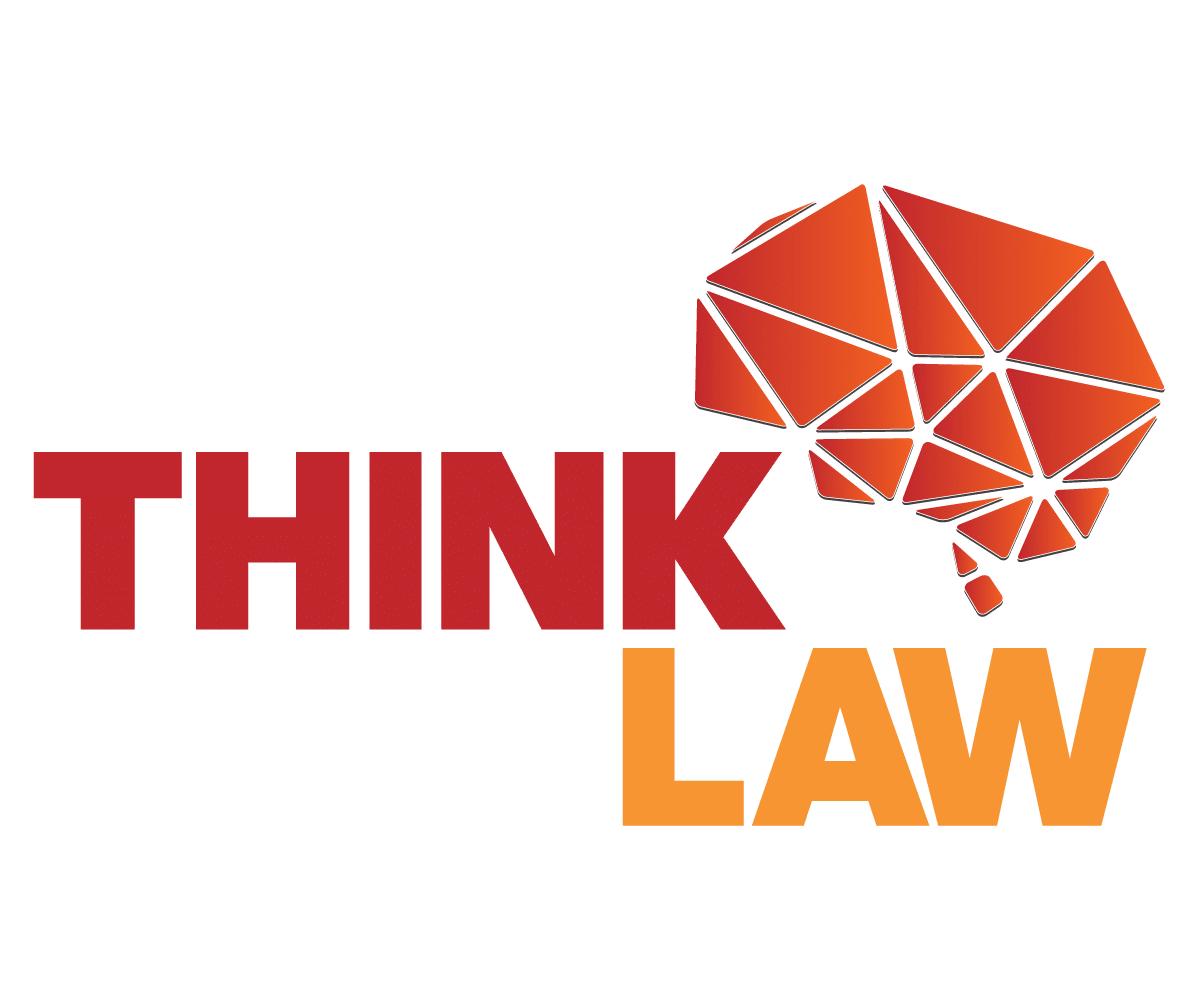
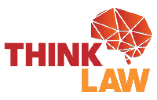
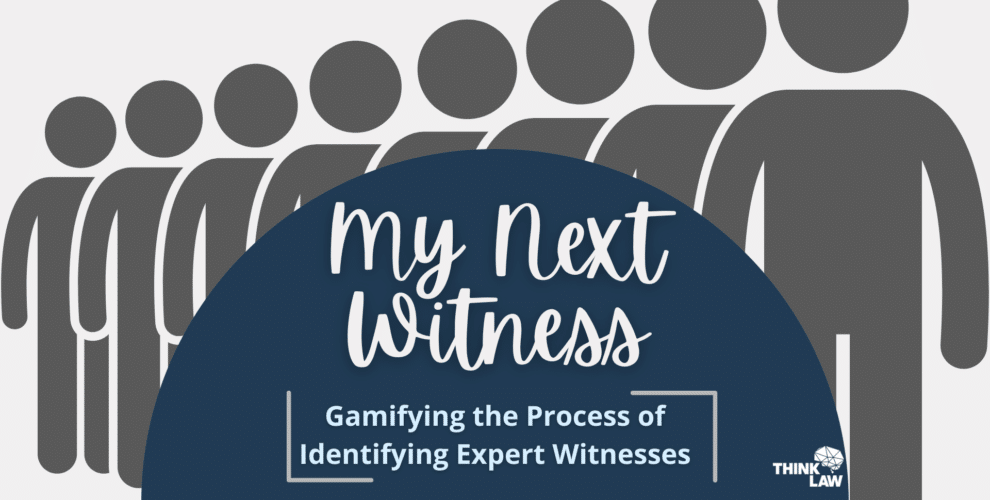
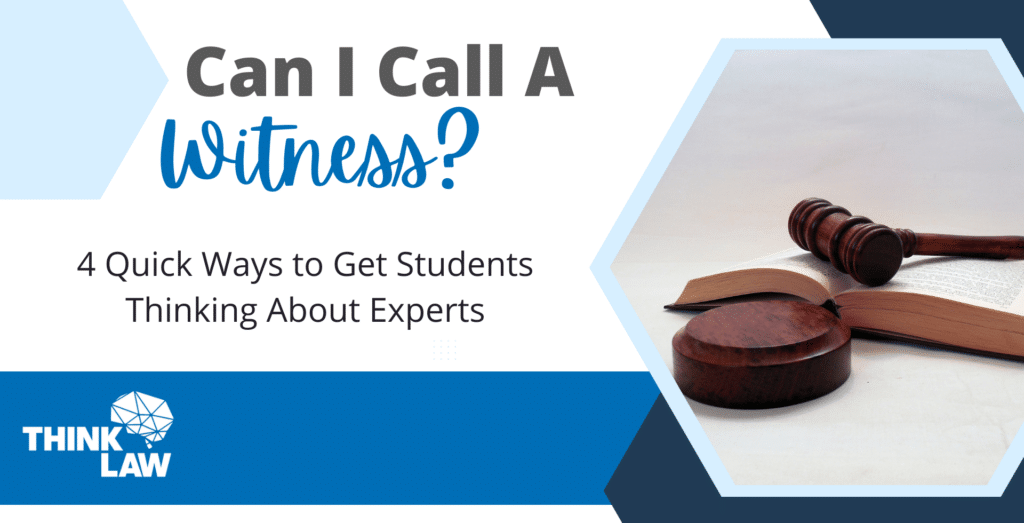
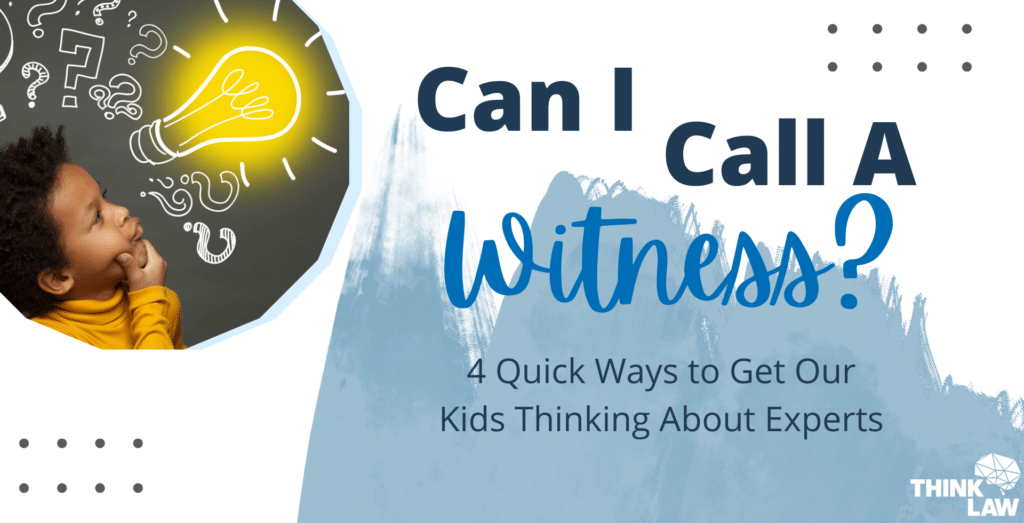
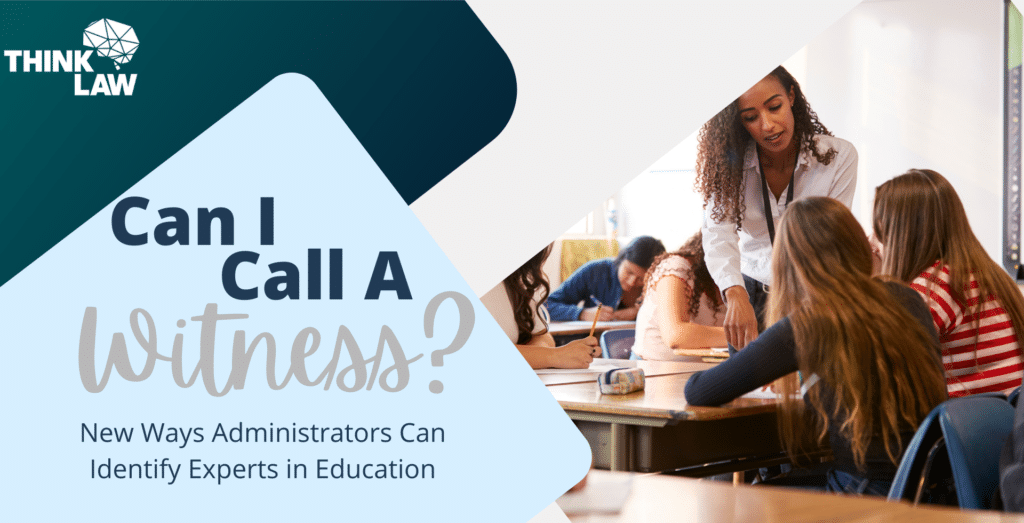
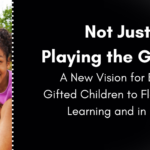
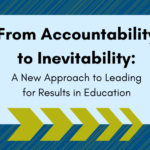
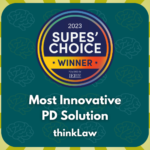
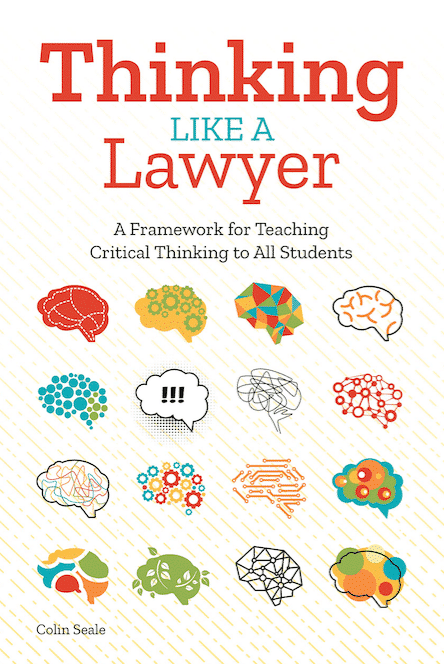
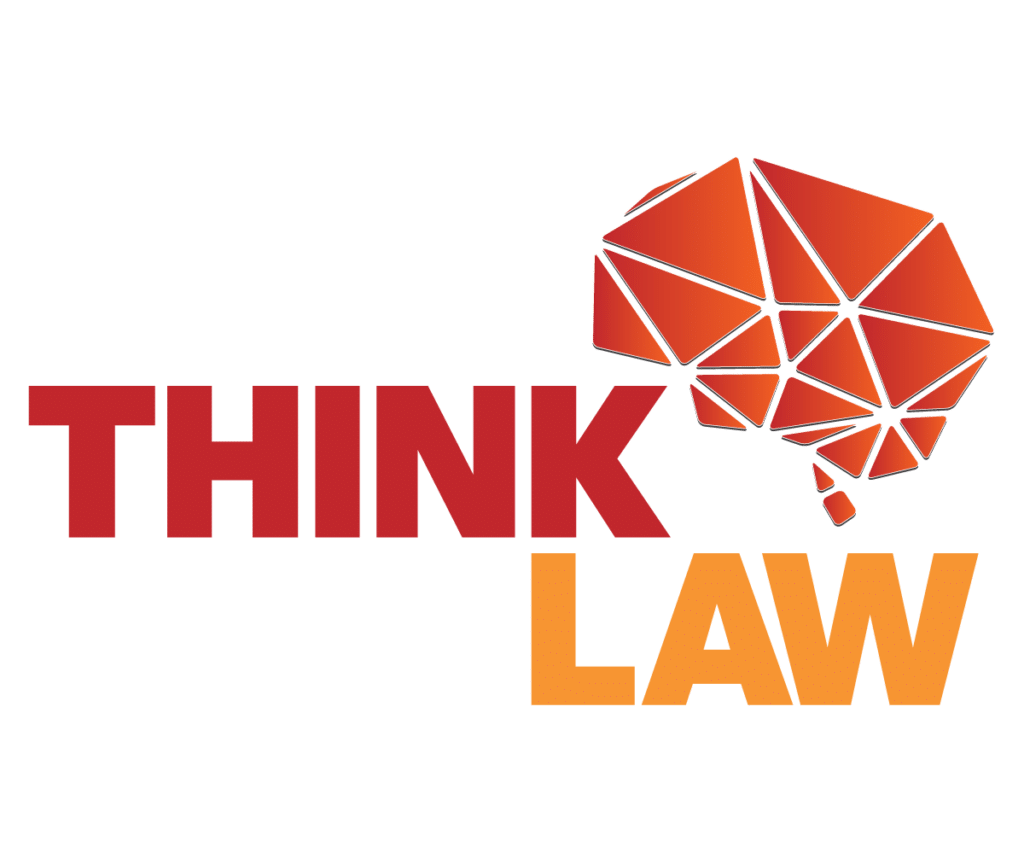
Leave a Reply